Tag: production code
-

SCARFACE and the Italian
In the United States during the early 1930s, Prohibition became a gateway for criminal activity that led to a fight for control over the different aspects of illegal goods and services. This new era of criminal underworld, brimming with riches ripe for the taking, attracted the likes of those such as Al Capone, Charles “Lucky”…
-

Shifting Depictions of Mental Illness in Film
Mental illness is an underlying force in a variety of films dating back to the 1940s. Illnesses such as mental disorders, drug, and alcohol addiction are referenced, yet because of the censorship laws, these ideas were either ridiculed or dismissed. In order to call action to these issues, the film industry had to adjust their…
-
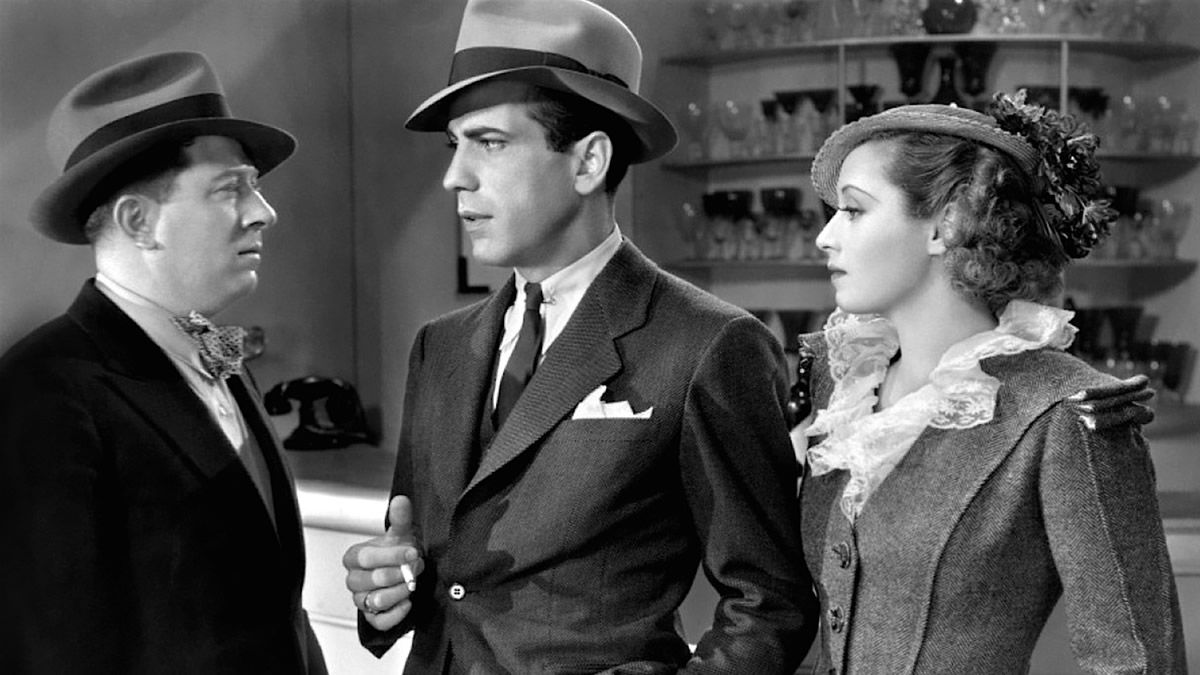
Class and Organized Crime in the Era of the Production Code: An Analysis of the Portrayals of White vs. Blue Collar Crime in Gangster Films
In the 1930s, the gangster flick ruled the movie theaters of America – however, only thanks to the films’ strenuous journey through the Production Code review process. A set collection of rules and regulations concerning what could and could not be portrayed on screen or implied through the cinematography or writing scenes or characterization of…
-
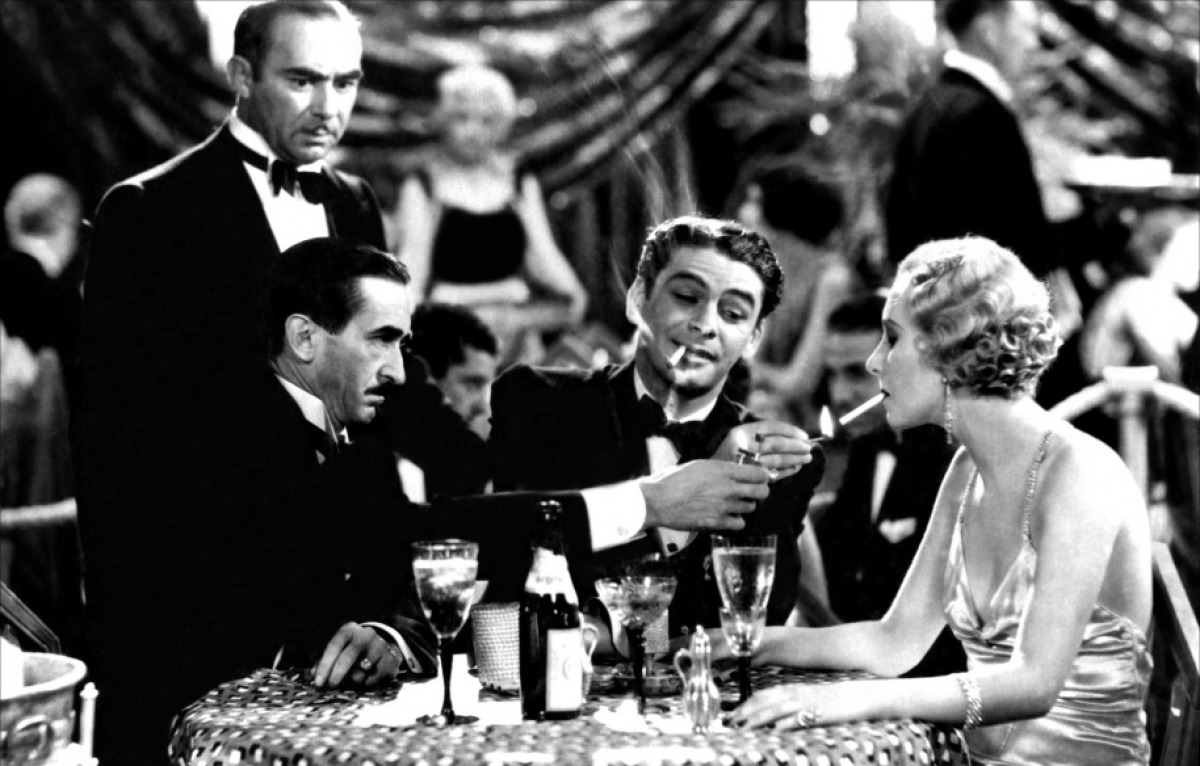
SCARFACE: The Effects of its Censorship
Introduction Scarface is a gangster film based on the life of Al Capone, a notorious gangster in Chicago during the prohibition era.[1] United Artists followed the public’s love for gangster films and produced one of the “most iconic gangster films ever made.”[2] The film was produced in the Pre-Code Era of Hollywood, an era where…
-
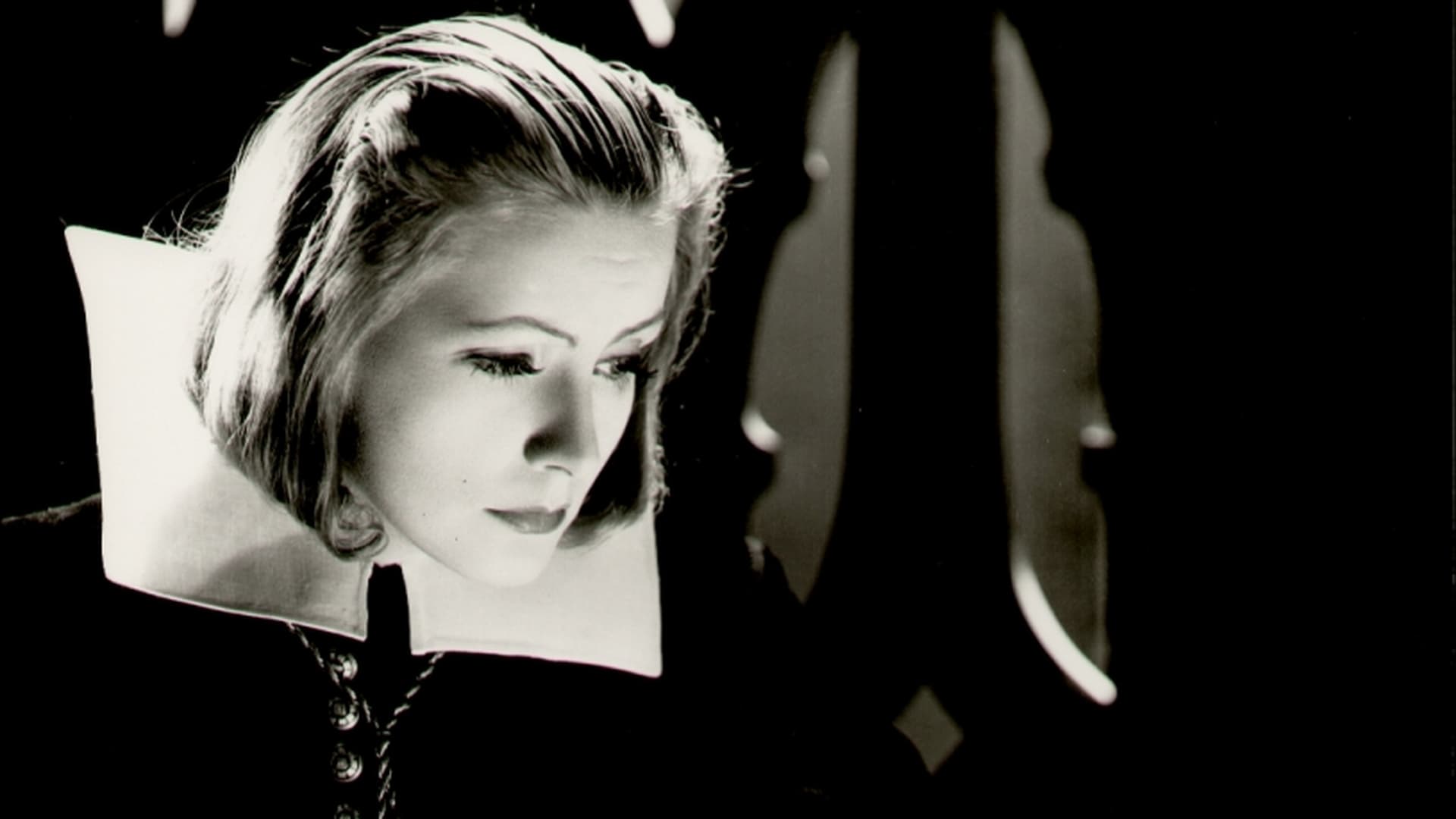
Queer Christina: The Representation of LGBT Characters in Pre-Code Era Films
Historically, the representation of queer characters in film and onscreen is very poor. They are often one-dimensional stereotypes portrayed through gender inversions — the gay “pansy” or the “butch” lesbian. Despite the presence of LGBT persons in front of and behind the camera, showing homosexual characters in the early years of Hollywood “in anything but…
-
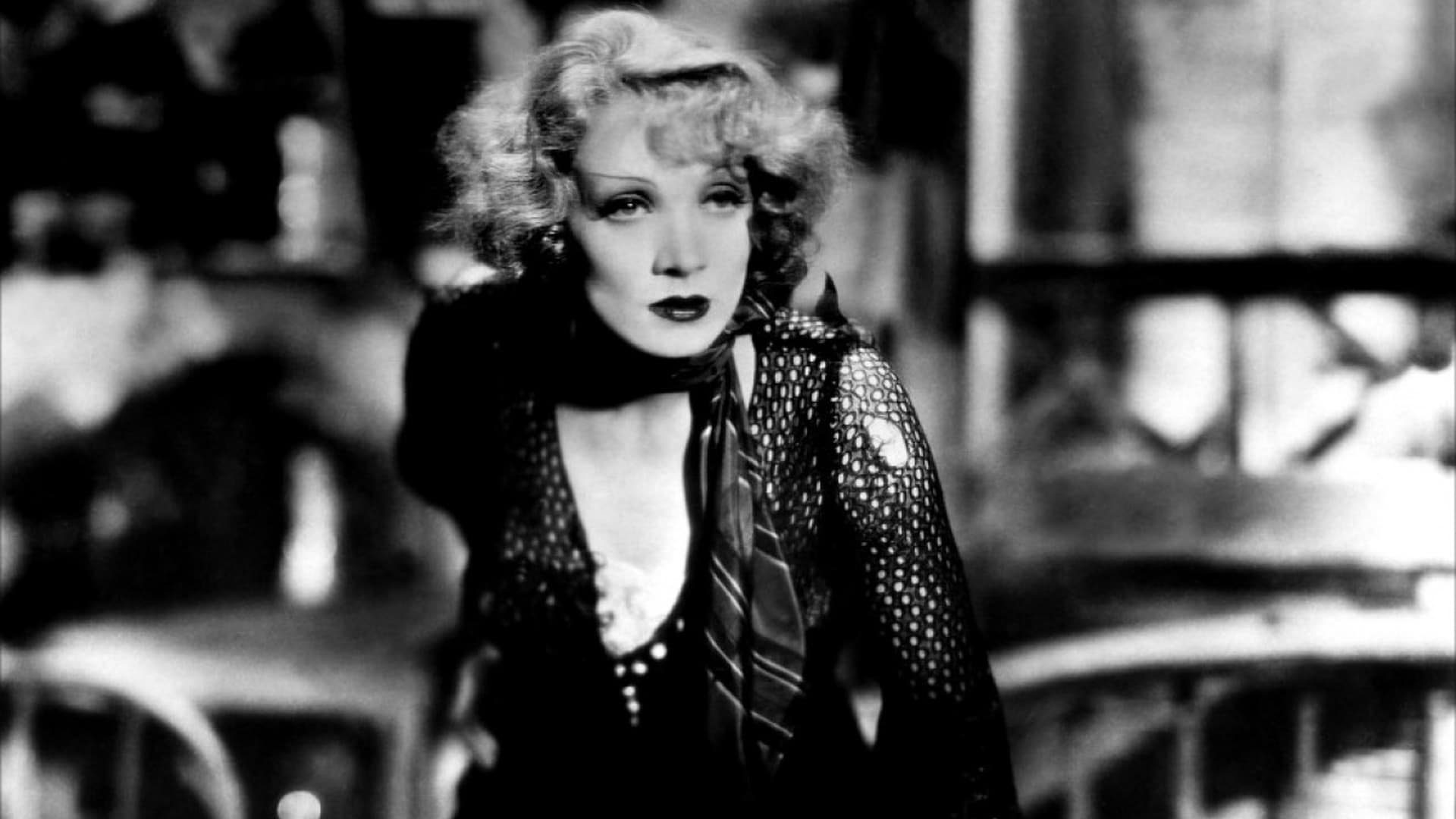
The “Utterly Impossible” Story of BLONDE VENUS
“As soon as you stopped singing and started luring men into the bedroom, that’s when the moral outrage would kick in.”[1] This quote sums it up best when referring to the 1932 pre-Code film, Blonde Venus.[2] Starring Marlene Dietrich, and directed by one of Dietrich’s biggest collaborators, Josef von Sternberg,[3] Blonde Venus was set to…
-
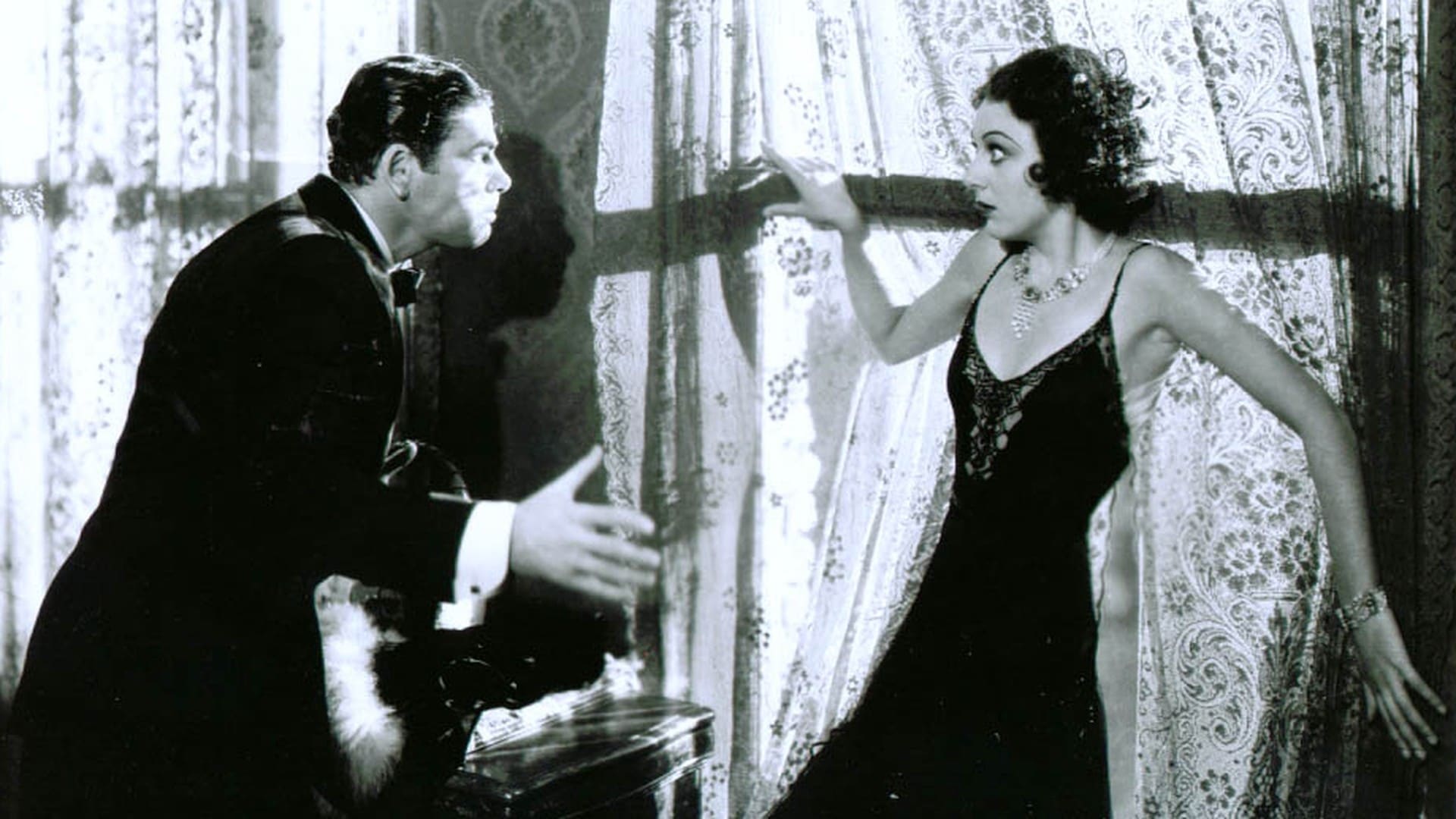
Pre-Code and SCARFACE’s Impact
In July of 1934, the Production Code Administration of Hollywood, or commonly recognized as the Hays Office, began to regulate Hollywood made films. But before this occurred, there was a brief four-year period from 1930 to 1934 where films had more ability to venture out and have free creative expression. Those four years, before filmmakers…